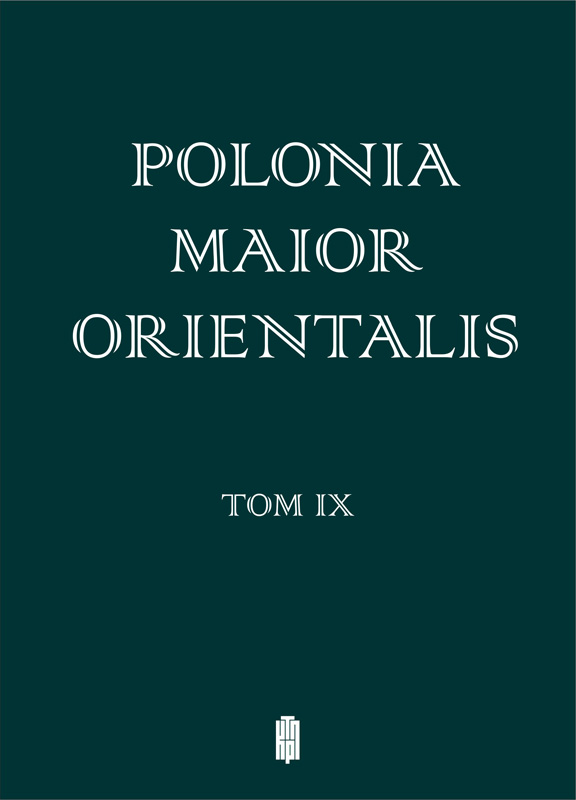Hanna Gumpricht (1927-2016) – pedagożka, historyczka filozofii, więźniarka getta łódzkiego i obozów koncentracyjnych
Hanna Gumpricht (1927–2016) – Pedagogue, Historian of Philosophy, a Prisoner of the Lodz Ghetto and Concentration Camps
Author(s): Joanna Monika ŚwiderskaSubject(s): Local History / Microhistory
Published by: Wydawnictwo Uniwersytetu Jagiellońskiego
Keywords: Hanna Gumpricht; history of philosophy; tolerance; Polishness; Jewishness; The Lodz Ghetto; concentration camps
Summary/Abstract: Hanna Gumpricht (1927–2016) was the first daughter of Icchak Majer Gumpricht and Estera née Taubenfligel. She spent the first years of her life in Grodziec. From the beginning of the war, she lived in Lodz with her parents and siblings (Dwora - 1929, Hersz Szmul - 1930) and in the Lodz Ghetto from the moment of its establishment. In 1941 her father Icchak Majer died after a gunshot due to hunger and body weakening. In 1942 her younger brother Hersz died in the gas chamber in Chelmno-upon-Ner. After the liquidation of the ghetto in 1944 she was transported to Auschwitz‒ Birkenau together with her mother and sister and then, after a few days, to Mittelsteine and in April 1945 to Graffenfort (sub-camp of the Gross-Rosen concentration camp). After the war she came back to Lodz. She was quickly left alone as her mother and sister emigrated to Eretz Israel. She felt Polish therefore she decided to stay in Poland and not to leave with them. She joined the Polish Workers’ Party (later the Polish United Workers’ Party) and the Assotiation of Youth Fight. In 1948 she began studies at the University of Warsaw but after the first year she went to Leningrad to continue studies. From the perspective of time she regretted this decision. The most important period of her professional life was the time of her work at the University in Siedlce (now the Siedlce University of Natural Sciences and Humanities), where, for 17 years, she lectured on the history of philosophy. At that time she was carrying out her pedagogical mission by conducting discussions with students on existential and ethical issues and tolerance. A few months before her death she donated all her savings to fund the Hesio Gumpricht Scholarship, named after her younger brother. She was buried at the Okopowa Jewish Cemetery in Warsaw.
Journal: Polonia Maior Orientalis
- Issue Year: 2022
- Issue No: IX
- Page Range: 379-390
- Page Count: 12
- Language: Polish

